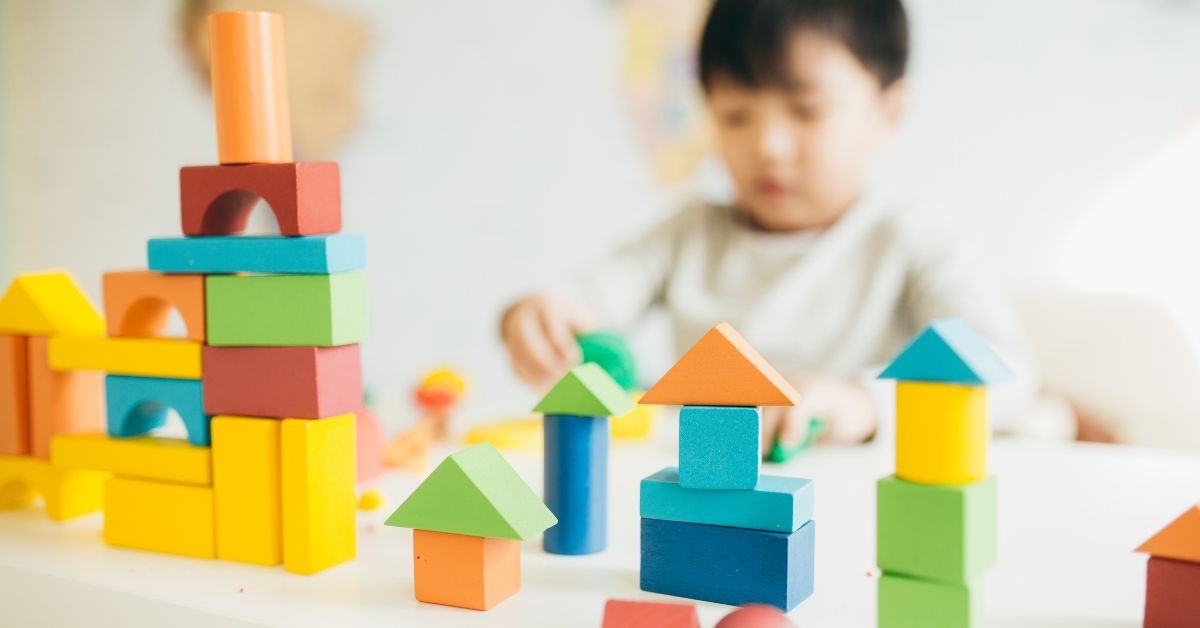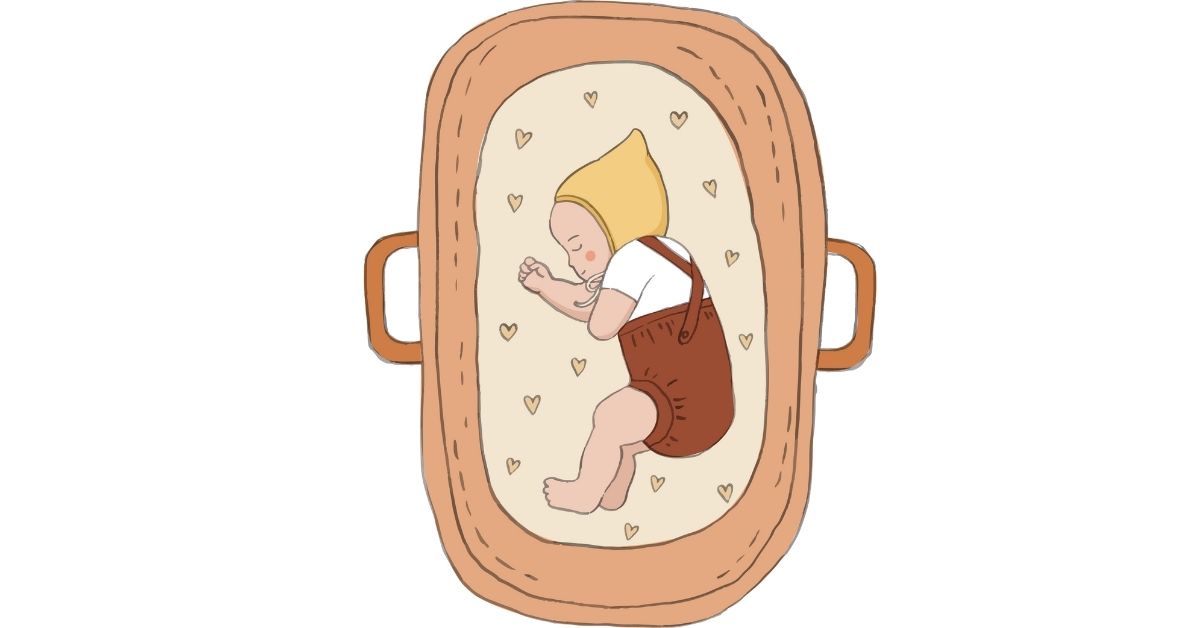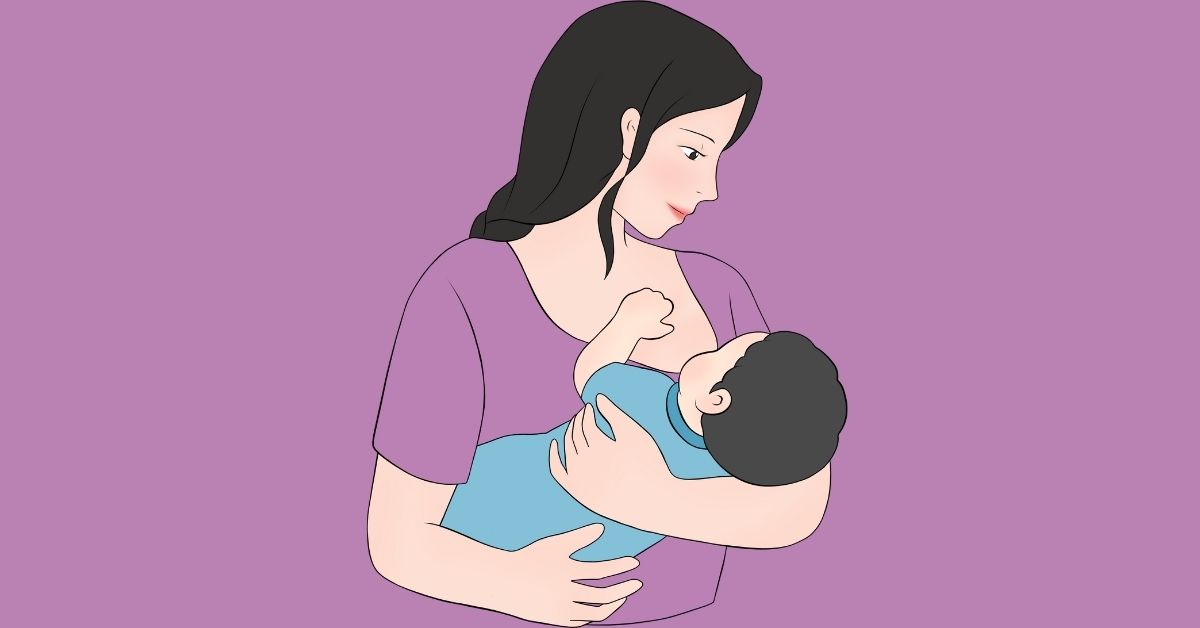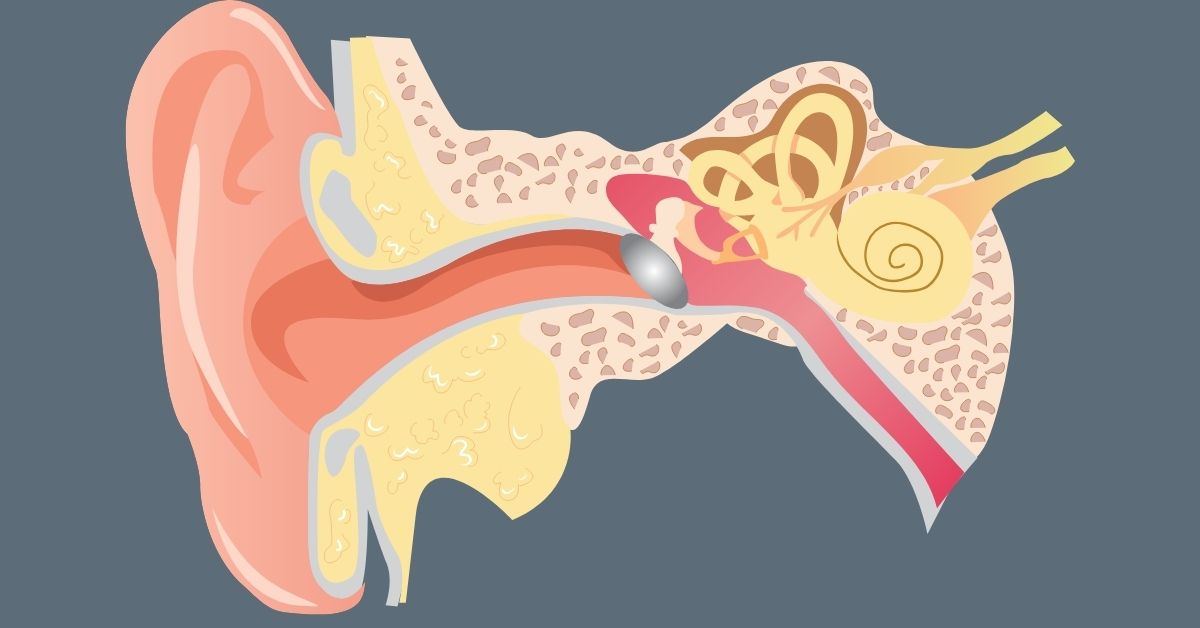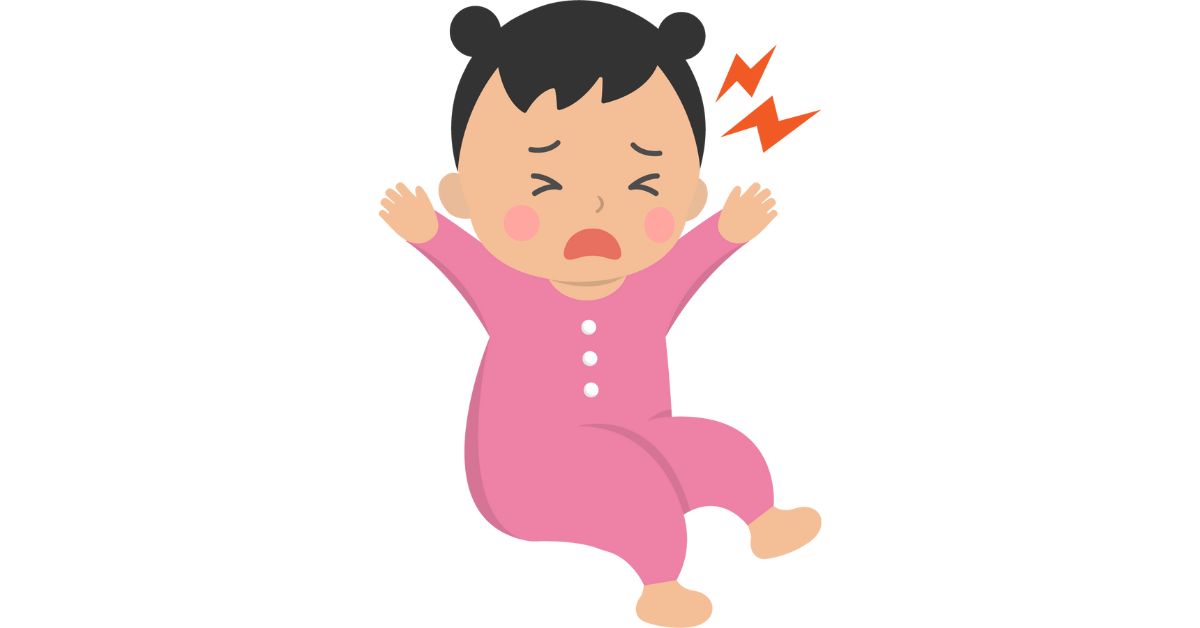Children grow physically throughout their lifetime. They also go through many cognitive changes where they think from various perspectives and learn.
In this article:
The entire process of child development happens in stages where most of the children reach the specific developmental stage they reach a certain age.
According to the theory of Swiss developmental psychologist Jean Piaget, there are four main child development stages. They are below:
- Sensorimotor: Since birth through 18-24 months.
- Preoperational: Toddler from 18-24 months through age 7 years.
- Concrete operational. Between 7 and 12 years.
- Formal operational. From adolescence until adulthood.
Piaget considered the fact some children may go through these stages at different ages than others and may show features of multiple stages at a given time.
In the case of cognitive development, however, Piaget emphasized that it always follows a specific, and not possible to skip those stages. Thus, it is ideal for parents to maintain a child development stages chart for better care.
5 Stages of Child Development
In this post, we will talk about five stages of child development by getting a little ahead of Piaget’s theory. Read on to find out:
1. Newborn/Infant Stage
This is the beginning out of all the stages of growth or child development. After birth, newborn babies respond automatically to the external environment. For example, newborns will turn their heads when someone stroke their cheek or hold a finger. Newborn babies can see close-up objects, recognize specific smells, smile, or cry to let you know their needs and move their heads from side to side.
When babies grow a few months older, and reach the infant stage, they develop new abilities during the first year of their lives. When they age between 3 and 6 months, infants can control their head and hand movements. When infants get to the age of 6 to 9 months, they can sit without support and respond to their names. In this particular age group, infants start realizing that an object can exist even if it is no longer visible. This crucial milestone is called “object permanence,” which is a visible sign that a child’s memory is developing.
Between the age of 9 and 12 months, most babies can pick objects, crawl, and stand with support.
2. Toddler Stage
When babies reach the ages between 1 and 3 years, they become “toddlers.” In this stage, babies can walk without help, run, and climb stairs with help. Toddlers can even follow simple instructions and use short sentences.
3. Preschool Stage
The ages between 3 and 5 years are the preschool stage for children. In this stage, children learn to follow instructions to draw or write. They can play various games such as throwing a ball overhand, skip and jump, and dress up on their own. This is a crucial stage as to how a child develops in this stage, will have an impact on their future growth.
4. School Age
This is the fifth stage, where children reach the schooling age, which is between 6 and 12 years. In this stage, the areas of development are that children become responsible, confident, independent, and responsible. In addition, this is the stage where children develop peer relationships and develop bonding.
5. Adolescence/Teenage
The age between 13 and 18 years is the adolescence or teenage stage when the growth of a child reaches its peak, as physiological, cognitive, and psychological development happen. Here it is crucial to remember that these changes will take place differently for each teenager. Some teens may show the signs early puberty, and some may have them later compared to others. It is because each child goes through the adolescence stage at his/her own pace.
Closing Words
All these five stages have their own set of challenges, and it is important for parents to know about child growth and development stages and parenting tips. Through all these stages, children’s development will also depend on their parents, as they need to ensure that kids get the right environment to develop.
We hope this article has given the answer to your question, “What are the stages of child development?” Keep up the great work of being a support system for your child. Happy parenting!


